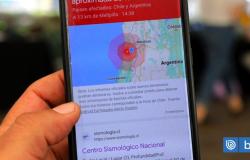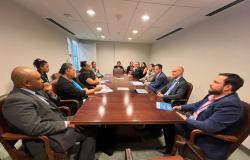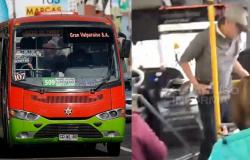Days ago it took place in the city of Cartagena the ASOBANCARIA conventionin which national and international speakers, representatives of the private sector and the National Government had the opportunity to present their opinions on the country’s situation and the situation of the Colombian financial sector.
The general climate experienced at the Cartagena Convention Center, was one of hopelessness and poor prospects for what could happen to the national economy. And the figures are conclusive: with respect to the first quarter of 2023, GDP growth in the first quarter of 2024 grew 0.7%, investment plummets 13.4% Household consumption spending barely grows 0.4% and imports fall 12.9%. The same Minister of Finance stated that, as of May 2024, DIAN collection is 12.3% below the goal, which means a shortfall of 15 billion pesos.
From a sector perspective, the crisis that the housing sector is going through was evident with a 27% drop in initiations by April 2024. The figures for the aging of the population in the country also generated concern, which predict that we will go from 5 out of every 100 older Colombians in 1961 to 15 out of every 100 older adults in 2024 and 26 out of every 100 older adults in 2050, a fact that poses enormous challenges in health care, pension payments, awareness in treatment and adjustments in conditions of accessibility.
In our city the situation is not very different; The Citizen Perception Survey carried out by Valledupar Como Vamos reflects the fact that 28% of the city’s households have seen their economic situation worsen in the last year, one in two vallenatos feels poor and only 27% of those surveyed feel optimistic about the future economic situation of the city.
However, in the face of sadness we have no choice but to work as a society to contribute to social development and economic growth and try to reduce the levels of mistrust that hang over our country and our economy. In this effort, the banking sector, host of the event, insisted on its decisive role in serving as a bridge between productive activities and credit resources that serve as support for the activities developed in the agricultural sectors and those of MSMEs, as well as in the implementation of strategies that increase financial inclusion.
It is imperative that civil society demands accountability from national and territorial governments so that they can propose impact options for the reactivation that the country requires. Infrastructure and housing are the key sectors to begin this path of recovery. In particular, the need to invest resources in access to drinking water that reduces the gaps between rural and urban areas, as well as investments in wastewater treatment that reduce the contamination of ecosystems, was evident.
The national government proposed to overcome the current stagnation with targeted actions based on greater spending by modifying the fiscal rule, increased financing of green projects through increased carbon taxes, implementation of tax benefits for energy generation through alternative sources and incentives in the agriculture, tourism and digital services sectors. Citizens expect substantial improvements in their quality of life, which requires determination and the will to act now. Optimism, resolution and cooperation between the public and private sectors can be the key to getting out of the hopelessness that covers the country’s horizon. Only hope for a better tomorrow can keep us steadfast on the path to recovery, even when the future seems dark and uncertain.
By Miguel Villazón Blay, Valledupar Executive Director How Are We Going.





